|
Posted on Jul 9, 2012
By Chris Hedges Cultures that endure carve out a protected space for those who question and challenge national myths. Artists, writers, poets, activists, journalists, philosophers, dancers, musicians, actors, directors and renegades must be tolerated if a culture is to be pulled back from disaster. Members of this intellectual and artistic class, who are usually not welcome in the stultifying halls of academia where mediocrity is triumphant, serve as prophets. They are dismissed, or labeled by the power elites as subversive, because they do not embrace collective self-worship. They force us to confront unexamined assumptions, ones that, if not challenged, lead to destruction. They expose the ruling elites as hollow and corrupt. They articulate the senselessness of a system built on the ideology of endless growth, ceaseless exploitation and constant expansion. They warn us about the poison of careerism and the futility of the search for happiness in the accumulation of wealth. They make us face ourselves, from the bitter reality of slavery and Jim Crow to the genocidal slaughter of Native Americans to the repression of working-class movements to the atrocities carried out in imperial wars to the assault on the ecosystem. They make us unsure of our virtue. They challenge the easy clichés we use to describe the nation—the land of the free, the greatest country on earth, the beacon of liberty—to expose our darkness, crimes and ignorance. They offer the possibility of a life of meaning and the capacity for transformation. Human societies see what they want to see. They create national myths of identity out of a composite of historical events and fantasy. They ignore unpleasant facts that intrude on self-glorification. They trust naively in the notion of linear progress and in assured national dominance. This is what nationalism is about—lies. And if a culture loses its ability for thought and expression, if it effectively silences dissident voices, if it retreats into what Sigmund Freud called “screen memories,” those reassuring mixtures of fact and fiction, it dies. It surrenders its internal mechanism for puncturing self-delusion. It makes war on beauty and truth. It abolishes the sacred. It turns education into vocational training. It leaves us blind. And this is what has occurred. We are lost at sea in a great tempest. We do not know where we are. We do not know where we are going. And we do not know what is about to happen to us.
0 Comments
Ross McElwee’s ‘Photographic Memory’ Captures His Life
By JOHN ANDERSON Published: October 5, 2012 AMID the new and old footage, still photos and wobbly recollections that make up Ross McElwee’s latest film, “Photographic Memory,” is a scene of his son, Adrian, at the age of 7, baiting a hook and being asked why he likes to fish. “The deep surprise of the ocean,” he replies sagely, providing a metaphor not only for life, but also for his father’s brand of filmmaking. |
Archives
December 2019
Categories |

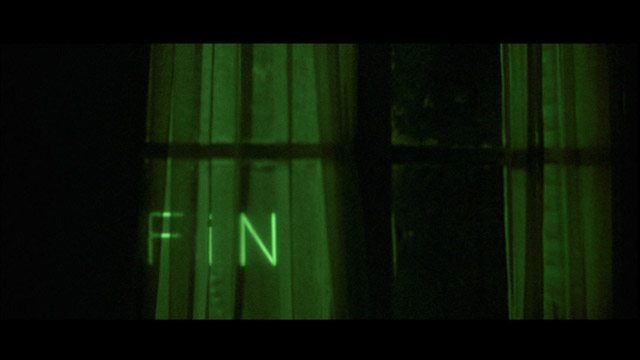
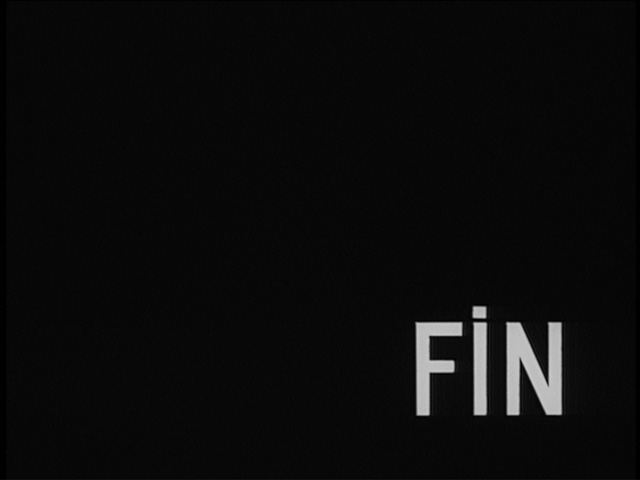
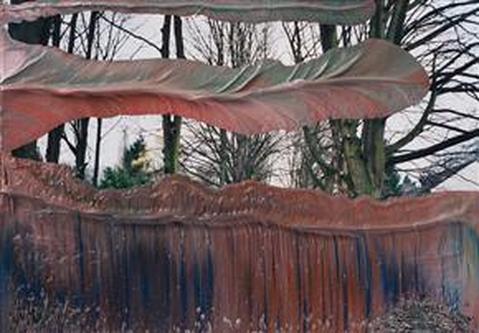
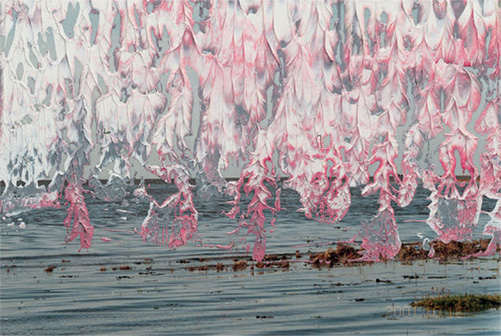
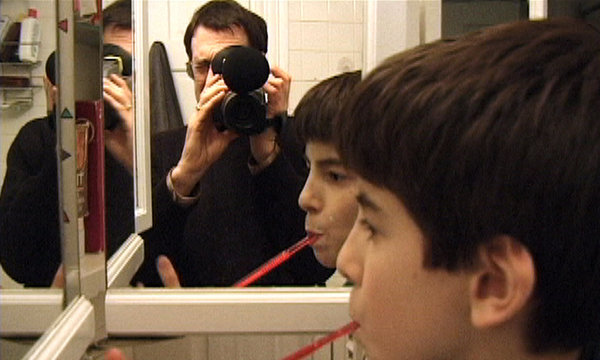
 RSS Feed
RSS Feed